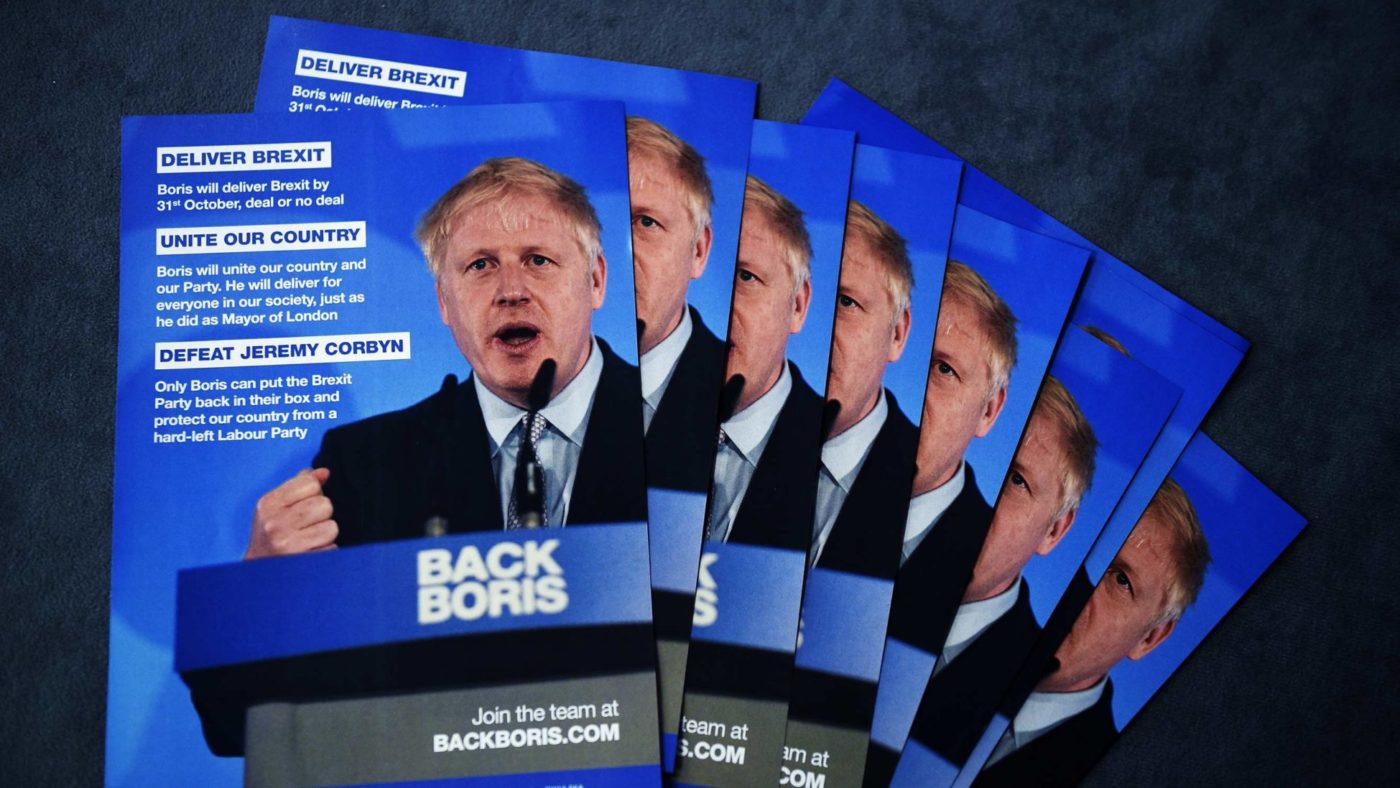It’s election time, and the twists and turns of the campaign are being reported all around us.
Last week Tom Watson, deputy leader of the Labour party, announced he was standing down. Then there was ongoing speculation about a possible pact between the Conservatives and the Brexit party. We even had a debate about what form the leaders’ debates might take.
But when I heard the Labour leader, Jeremy Corbyn on the radio, he wasn’t talking about any of that. He was talking about home insulation for pensioners. Over the weekend, when I caught a brief interview with Labour’s Angela Rayner, she was saying something about Sure Start, a child-care programme.
If I was standing as a Conservative candidate at this election, that would worry me. Political process stories might interest pundits in Westminster. But to win over voters ‘out there’ its public services and other priorities that matter more.
I found this out first-hand back in 2014, when I decided to quit the Cameroon Conservative party to try to secure an EU referendum.
From the outset, I knew that if I was to switch parties, I ought to resign my seat in the House of Commons and trigger a by-election to allow local people to decide if they still wanted me to represent them.
This meant that the ensuing by election could not have been more clearly framed as being about what we would today call Brexit (the term had not passed into popular usage back then).
Yet when journalists came, as they did in droves, to Clacton during the campaign, they were surprised to find that local people were interested in a lot more than just the EU.
Political pundits who only met ordinary members of the public when they collected their dry cleaning were constantly taken aback at the range of concerns people had. On more than one occasion, I overheard camera crews asking local voters for their views about the EU, only to discover that what they wanted to talk about was changes to their local bus route.
Euroscepticism, however well packaged, is never enough. Neither will it be enough to win in five weeks.
Up and down the country, candidates in next months election will be working on their election literature. My advice to them would be to take a few minutes to read some of James Frayne’s focus group findings first.
Campaign messaging is not just about telling the world what interests you as a candidate – whether its Europe, defence or the environment. You need to also appreciate what interests those that you are seeking to win over.
As Frayne identifies, many of the voters that the Conservatives need to win over live far removed from the every-day issues that obsess Westminster. Labour’s deputy leader, Tom Watson? Whatever. Party pacts? Who cares. Leadership debates? Not on Netflix.
What they do have in the parts of Middle England that will largely decide this election are attitudes – often strongly held – about tax cuts and business, education, the environment and immigration which political England often simply does not understand. Or rather presumes to understand, but often misunderstands as a grotesque caricature of people’s actual opinions.
As this election campaign unfolds, I suspect that the Conservatives will talk less about Brexit, and more about their agenda for the country beyond extricating us from the EU.
According to the conventional wisdom of the Westminster pundits, this is the last thing Tory strategists should seek. It suits Boris, they insist, if this election is all about Brexit. It works to Corbyn’s advantage, they like to think, if folk are thinking of something else.
It’s precisely because Conservative party strategists realise that key sections of the electorate are already thinking of other things, that they will want to put the spot-light on those other things.
This was why, it you stop and think about it, there was that big red bus talking about NHS funding during the referendum campaign. We need to see more equivalents of that big red bus during this campaign, focusing the debate on what is already in the minds of the voters who will decide this election.
Click here to subscribe to our daily briefing – the best pieces from CapX and across the web.
CapX depends on the generosity of its readers. If you value what we do, please consider making a donation.


